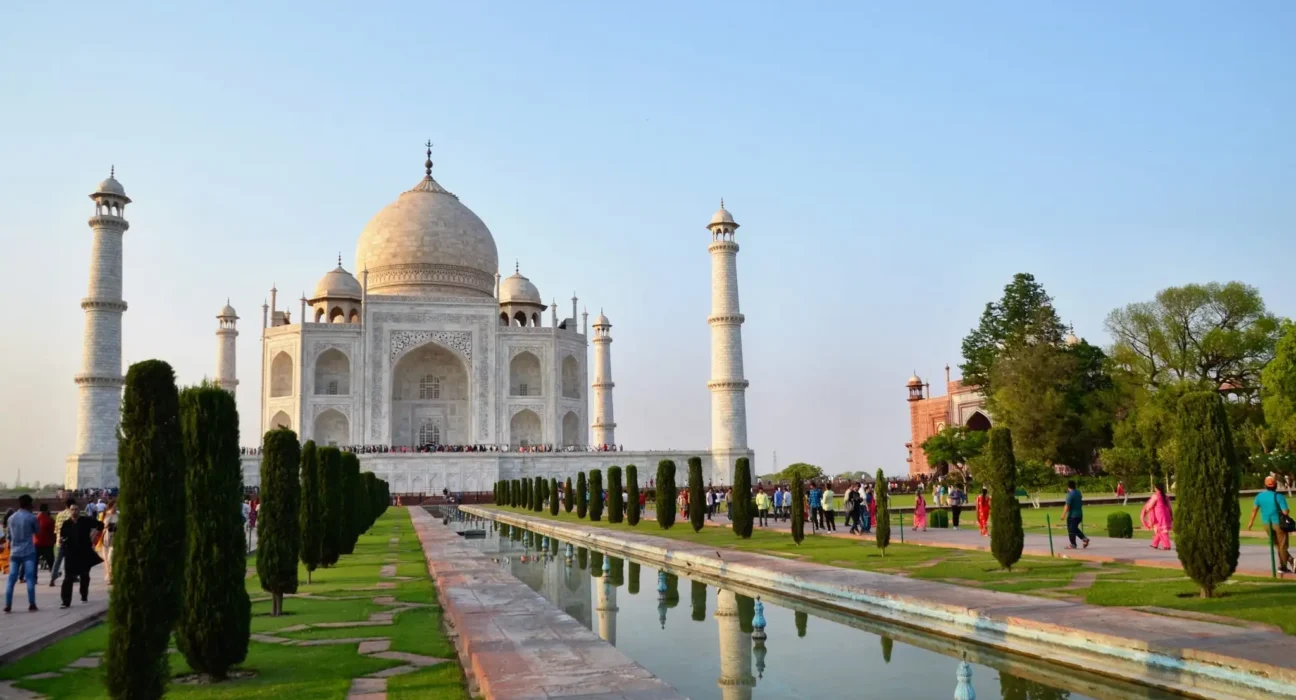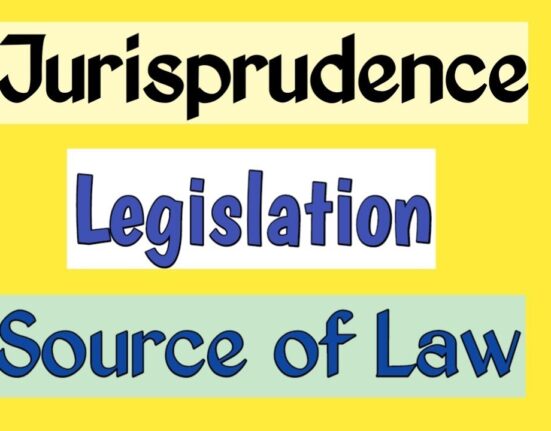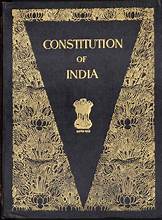Ankita Lode, a 3rd-year Law Student at Yeshwant Law College, Wardha has written this Article “Laws regulating Travel and Tourism Services in India”
Introduction
India is a country that boasts a diverse range of cultural heritage and tourist attractions. Tourism is a crucial contributor to the Indian economy, and to ensure the safety and comfort of tourists, the Indian government has implemented various laws and regulations for the travel and tour services sector.
The Ministry of Tourism, Government of India, oversees the development and regulation of tourism in the country and has put in place regulations to ensure tourists have a smooth and enjoyable experience during their visit.
The Travel Agents Association of India (TAAI) is the primary organization representing travel agents in India, and it also collaborates closely with the Ministry of Tourism to promote tourism and safeguard the interests of tourists.
This article will discuss the laws and regulations governing travel and tour services in India.
Who provides travel and tour services?
Travel and tour services can be provided by a variety of entities, including:
- Travel Agencies: Private retailers or government services that sell travel and tourism-related services on behalf of lodging or travel suppliers.
- Tour Operators: Companies that specialize in offering packaged tours, which may include transportation, accommodations, and activities.
- Airlines: Airlines provide air travel services to various destinations worldwide.
- Hotels and Resorts: Accommodations services are provided by hotels and resorts that offer a range of amenities, from budget to luxury.
- Car Rental Companies: Companies that offer rental services for cars, trucks, and other vehicles.
- Cruise Lines: Companies that offer cruise ship services that travel to various destinations worldwide.
- Public Transportation Companies: Companies that offer services like buses, trains, and subways for local or regional travel.
- Travel Insurance Providers: Companies that offer various types of insurance to protect travellers from unexpected events like trip cancellations or medical emergencies.
- Destination Management Companies (DMCs): Companies that offer destination-specific services, such as local tours, guides, and activities.
- Online Travel Agencies (OTAs): Websites that offer a range of travel services, including flights, hotels, rental cars, and vacation packages.
Who governs these travel agencies?
Although there is no central legislation governing tourism services, the primary law that governs the travel and tourism industry in India is the Tourism Act, of 2002. This law was enacted to promote tourism in the country and to regulate and maintain the standard of services provided by the industry.
The Act establishes the Ministry of Tourism and provides for the constitution of the Tourism Advisory Board, which advises the government on matters related to the promotion and development of tourism.
In addition to the Tourism Act, there are several other laws and regulations that govern travel and tour services in India, including the Indian Contract Act, of 1872, which governs contracts between customers and travel service providers; the Consumer Protection Act, of 1986, which provides protection to consumers against unfair trade practices; and the Foreign Exchange Management Act, 1999, which regulates foreign exchange transactions related to travel and tourism.
Furthermore, the government of India has introduced various policies and schemes to promote tourism in the country, including the Swadesh Darshan scheme, which aims to develop and promote tourist circuits in the country, and the e-Visa scheme, which simplifies the visa application process for foreign tourists. Let’s take a look at some of the laws that regulate travel and tour services in India.
Currently, How travel and tourism services in India are regulated ?- Laws
- The Ministry of Tourism
- Indian Tourism Development Corporation (ITDC) Act, 1968
- Tourist Traffic (Regulation and Control) Act, 1978
- Air Transport Corporation Act, 1953
- The Consumer Protection Act
1. The Ministry of Tourism
The Ministry of Tourism, Government of India, is responsible for the development and regulation of tourism in the country. The ministry formulates policies and programs for the promotion of tourism, and it also lays down guidelines and standards for the provision of tourist services. The ministry works in close coordination with various other government bodies and tourism-related organizations, such as the Travel Agents Association of India (TAAI) and the Indian Association of Tour Operators (IATO), to ensure the safety and comfort of tourists.
The National Tourism Policy, which was developed in 2002 for the growth and promotion of the tourism industry, also includes fundamental guidelines for preserving the interests of travellers and travel organizations. These principles include government-led, private-sector, and community welfare-focused initiatives (ii) sustainability, and (iii) designating a portion of the State Police to serve as the Tourist Police. As a result, the Ministry of Tourism has taken the following actions to protect the interests of travellers and travel businesses:
- The adoption of a code of behaviour for honourable and safe travel.
- The State Governments received funding from the central government to establish Tourism Facilitation and Security Organizations (TFSO) on a trial basis.
- In September 2014, guidelines on tourist safety and security were released for state governments and union territories, along with travel advice.
- The creation of a voluntary system for approving hotel projects and categorizing operational hotels under the Star System in light of their appropriateness for visitors from abroad.
- Development of an optional system for accrediting travel agencies, tour operators, and adventurers.
The ministry has also put in place various laws, regulations, and guidelines, including the Tourism Policy, of 2015, and the National Tourism Policy, of 2020, to promote tourism and safeguard the interests of tourists.
2. Indian Tourism Development Corporation (ITDC) Act, 1968
The Indian Tourism Development Corporation (ITDC) Act, 1968, established the Indian Tourism Development Corporation (ITDC), which is a public sector undertaking responsible for promoting tourism in the country and for also providing tourist facilities and services.
The act provides for the constitution of a board of directors for the ITDC, which is responsible for the management of its affairs. The board is headed by a chairman appointed by the central government, and it includes representatives from various sectors, including tourism, finance, and also administration. The ITDC has several subsidiaries that provide a wide range of services to tourists, including hotel and restaurant services, transport services, and travel services. The ITDC also operates several hotels and resorts in various parts of the country.
The act empowers the ITDC to undertake various activities for the promotion of tourism in India, including the development of tourist infrastructure, the provision of tourist services, and also the conduct of research and surveys related to tourism.
3. Tourist Traffic (Regulation and Control) Act, 1978
The Tourist Traffic (Regulation and Control) Act, of 1978, regulates the entry and exit of tourists into and out of India. Moreover, the Act provides for the registration of tour operators and travel agents and lays down the conditions for their registration.
Under the act, tour operators and travel agents are required to maintain records of their activities and submit regular reports to the central government. The act also empowers the central government to revoke the registration of any tour operator or travel agent who violates the provisions of the act.
The act provides for the establishment of a Tourist Police Organization, which is responsible for ensuring the safety and security of tourists in India. The Tourist Police Organization is also responsible for the enforcement of the provisions of the act.
The act also lays down the conditions for the entry and exit of tourists into and out of India. Tourists are required to obtain the necessary visas and travel documents before entering India, and they must comply with the conditions of their visas.
4. Air Transport Corporation Act, 1953
The Air Transport Corporation Act, of 1953, established the Air India Corporation as a public sector undertaking responsible for providing air transport services in India and abroad. The act provides for the appointment of a board of directors for the Air India Corporation, which is responsible for the management of its affairs. The board is headed by a chairman appointed by the central government, and it also includes representatives from various sectors, including aviation, finance, and administration.
The Air India Corporation operates several domestic and international flights and provides a wide range of services to air passengers, including airport facilities, in-flight services, and baggage handling services.
The act empowers the central government to regulate air transport services and to make rules and regulations for the safe and efficient operation of air transport services.
5. The Consumer Protection Act
In addition to the aforementioned, under the provisions of the Consumer Protection Act, a customer can file a complaint against any faulty goods or faulty services, including tourism services, in any Consumer Court, based on geographical and financial jurisdiction.
Conclusion
In conclusion, India has put in place various laws and regulations to govern the travel and tour services sector to ensure the safety and convenience of tourists. These laws include the Indian Tourism Development Corporation (ITDC) Act, the Tourist Traffic (Regulation and Control) Act, the Air Transport Corporation Act, and the Motor Vehicles Act.
These laws empower government bodies and various tourism-related organizations to provide a wide range of services to tourists, including hotel and restaurant services, transport services, and also travel services.
Moreover, the Ministry of Tourism works in close coordination with these organizations to promote tourism in the country and lay down guidelines and standards for the provision of tourist services.
These laws are essential in providing tourists with a safe and enjoyable experience and are crucial to the continued growth and development of the tourism industry in India.
References
- Law for Safeguarding the Rights of Tourists (pib.gov.in)
- https://www.thehindu.com/business/tourism-to-contribute-512-bn-to-indias-gdp-by-2028-says-taai- chief/article66468359.ece
Disclaimer: This Article is part of our Monthly article writing competition. You can also Participate
![]()







Leave feedback about this